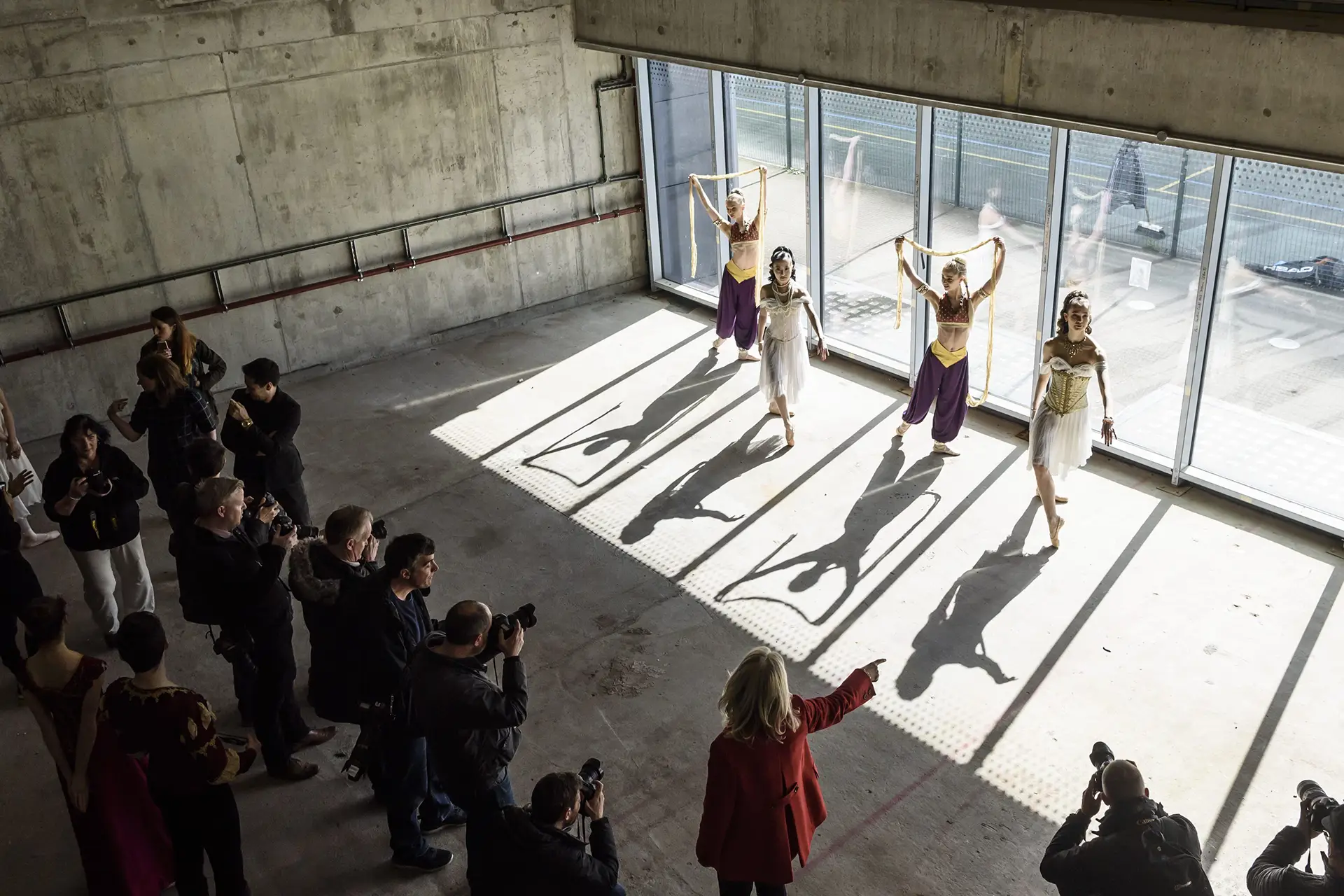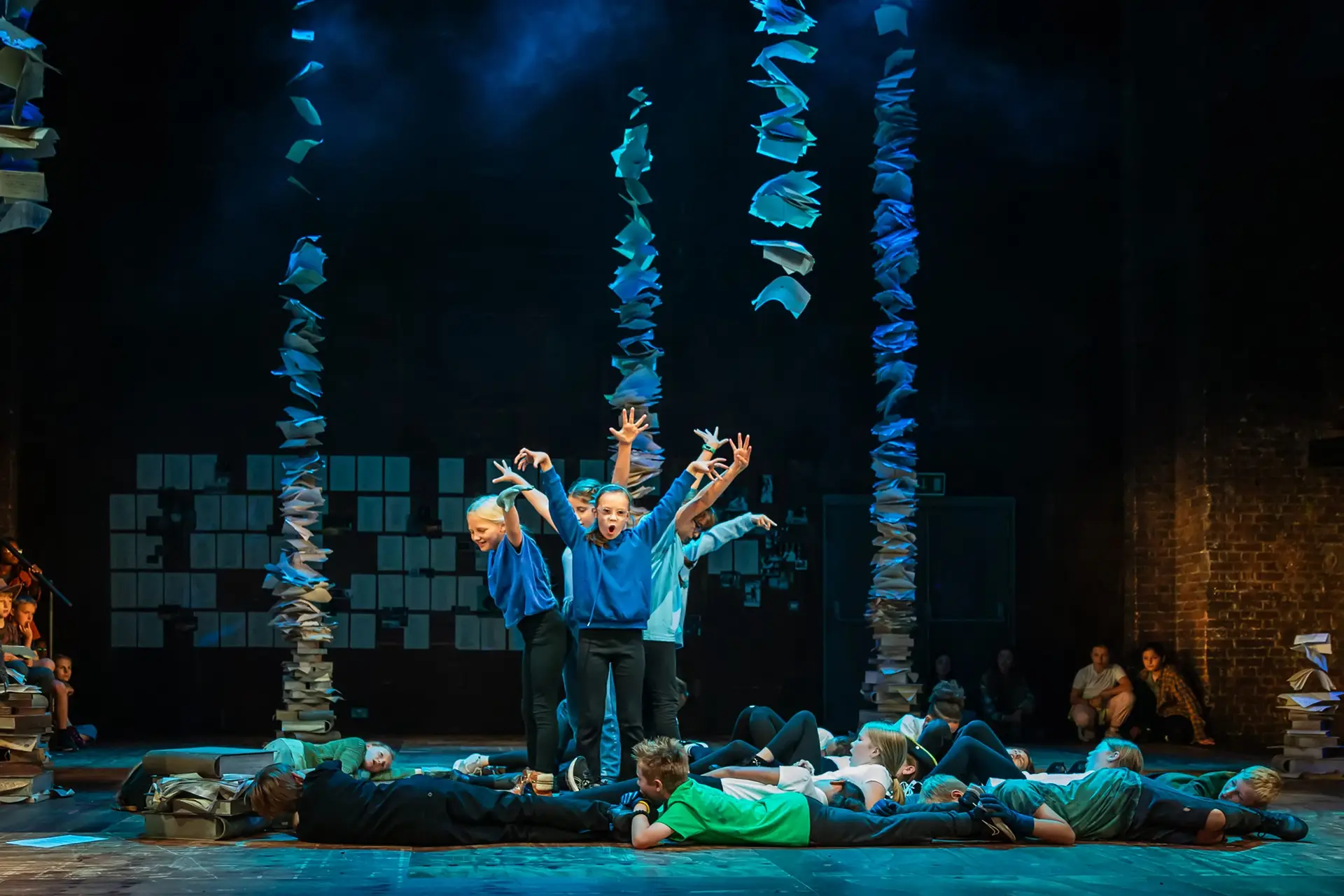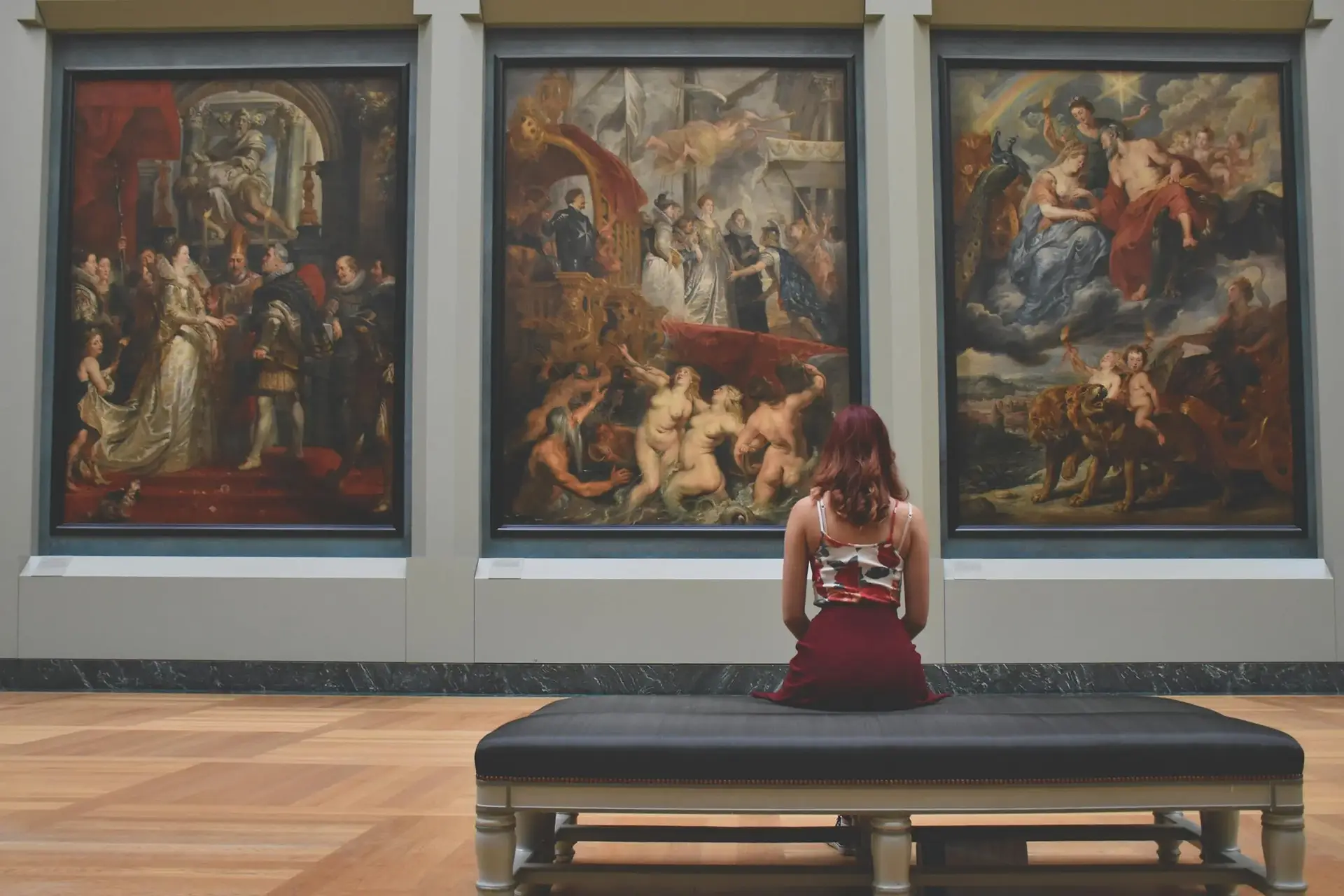Central School of Ballet is a London-based classical ballet school founded in 1982 by the late Christopher Gable CBE and Ann Stannard. It was created to offer a different experience of ballet training in an education that particularly valued individual artistic expression in dance alongside the importance of technique. This approach has been sustained and extended over the last 35 years and now supports the School’s international reputation as an institution that produces versatile, professional and highly employable dancers at the forefront of every aspect of professional training.
Central School of Ballet is unique in offering a BA (Hons) Degree in Professional Dance and Performance, validated by the University of Kent – the only ballet-focused degree course in England. In the last three years, 86% of BA graduates achieved a First Class or Upper Second Class Honours. On average a third of these are from low income families and many are the first in their family to access higher education. The School offers bursaries and scholarships to support these students enabling selection to be purely on the basis of talent and not financial means. In 2011 it also pioneered an MA in Choreography, with a specialism in ballet, ensuring the continued development of the art form in the future.
Central School of Ballet’s students are particularly valued and seen as employable by the industry as they have experienced life as a professional dancer through touring with Ballet Central – the School’s nationwide touring company. Ballet Central provides students with a unique experience of every aspect of life as a dancer on the road, including the opportunity to work with renowned choreographers, and they go on to careers in classical ballet, contemporary dance, musical theatre and related professions; an extraordinary 84% are working within the industry within six months of graduating in Companies across the world.
Since its founding, Central School of Ballet has been based at 10 Herbal Hill, London. However, the organisation has rapidly grown and has been in need of a new venue for many years, particularly given that the premises have never been exactly fit-for-purpose, with poor accessibility and little-to-no performance space. New premises are essential to its ability to attract and develop the most talented students and to the future success and sustainability of the organisation.
The School has ambitious and exciting new plans, having secured a state of the art, purpose-built new home located within Paris Gardens, Southwark, close to the vibrant cultural cluster of the South Bank. It now needs to fit-out the concrete shell to meet the needs of a 21st century training facility. This new home will give the organisation space to grow, with three times the space it has now – somewhere to nurture creativity, cultivate dreams, propagate ideas and allow new talent to develop. Paris Gardens will also have state of the art technology to enhance teaching and learning, with the facility for dancers in the studio to work in real time with a choreographer and musicians anywhere in the world via digital screens as part of a ‘Virtual Conservatoire’ partnership project. This Catalyst funded project will enable Central School of Ballet to work specifically with LAMDA, RADA and Bristol Old Vic Theatre School from within the Conservatoire for Dance and Drama, partnering with the Royal College of Music and the Royal Academy of Music, on joint projects in real time thanks to the technology in the new building.
“This new home will give the organisation space to grow, with three times the space it has now – somewhere to nurture creativity, cultivate dreams, propagate ideas and allow new talent to develop.”
Central School of Ballet is entirely reliant on fundraising to achieve this vital move and secure its long-term future. It approached Arts Impact Fund for a £600,000 unsecured loan towards the cost of the capital development on the assumption that this would be repaid out of future fundraising income secured by the organisation. The rest of the finance for the project will be sought from a mixture of donors, trusts and other investors. Our investment offer is conditional on the organisation having achieved 90% of its fundraising target which would allow the fit-out to start; in this way, the loan will be a bridge to further, confirmed fundraising.
This is an ambitious fundraising project and a one-off in the School’s history. As part of its due diligence process, the Arts Impact Fund team spoke with its financial department, fundraiser and other key members of management and board, who are all highly engaged and focused on delivering the project on target. The team have carefully modelled this process, allowing for various contingencies and challenges, whilst nurturing existing relationships with donors and exploring new ones to achieve their goal. In addition, the School’s leadership has begun using Arts Impact Fund’s initial investment offer as a catalyst to leverage additional funding, as it demonstrates confidence in the project and the organisation’s ability to deliver it.
Arts Impact Fund was impressed with the level of diversity Central School of Ballet offers to students and the style of learning which makes dancers so employable and versatile. The Ballet Central touring programme enables the students to tour nationally and gives young dancers the opportunity to fully engage in all aspects of creating performance, including staging of existing repertoire, creation of new work, costume design and technical aspects of sound and lighting. Outside of the main ballet programme, the School also runs a wide programme of outreach work to encourage and broaden participation in dance within schools and communities that do not have access to this, as well as an extensive programme of evening and weekend adult classes. Participating schools report increased overall engagement with the educational setting – AIF will work with Central School of Ballet to advance the evidence of this.
In moving to Paris Gardens, operating costs for the organisation will fall as it will no longer need to hire performance space for productions and events. It will have the capability to diversify revenue streams, in particular generating income from commercial hires of the new studio spaces, for which there is high demand in the area, with their modelling having been assisted by other dance studios in the area which operate at full capacity. Student numbers will also increase as will the general numbers of participants for outreach programmes. Both of these will increase income generation, though Central School of Ballet is mindful to keep the right balance to maintain the current quality of education and employability.





